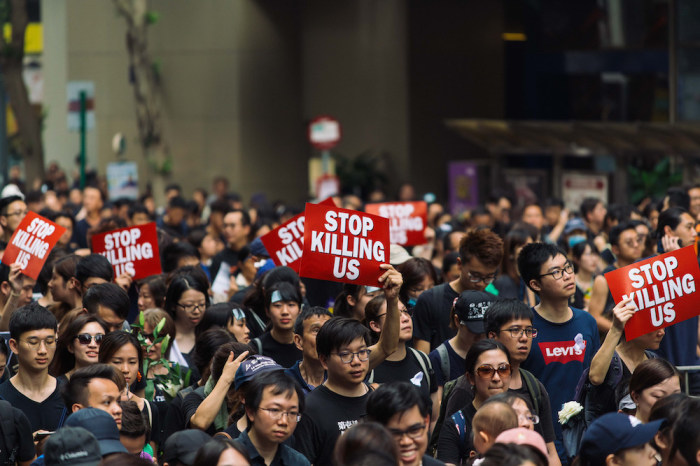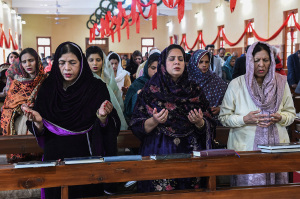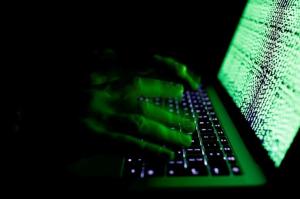Hong Kong chooses democracy. What will China do?

This past weekend, pro-democracy advocates in Hong Kong won what the New York Times characterized as a “stunning victory” in local elections.
Not only did a record number of voters turn out, something widely seen as a referendum on the ongoing anti-Beijing protests, but pro-democracy forces won 389 of 452 parliamentary seats. That’s more than triple their previous total. Meanwhile, pro-Beijing forces saw their total seats collapse, from more than 300 to just 58.
Now the obvious question is: How will Xi Jinping and his Communist cadres respond to this unmistakable show of support for the protestors that have given them so much trouble for so long?
The most likely answer is, “not well.” Beijing’s proxies in Hong Kong have already stepped up their use of force against protestors. A week ago, police stormed the campus of Hong Kong Polytechnic University, using water cannons, tear gas, and beanbag rounds against what it dubbed “coldblooded rioters.”
Afterwards, the police superintendent made it clear that using “real bullets” was not off the table. These election results make those “real bullets” even more likely.
Here’s why. Despite everything we hear about China’s ascendancy, China is a lot weaker than it appears, especially economically. China’s economic growth has already slowed to “its slowest pace in nearly three decades of modern record-keeping.”
And all indicators suggest that the slowdown will only continue. As one commentator put it, “Its labor force is shrinking, and the country is already full of roads, rails and factories, limiting potential new investment.”
The shrinking labor force, which has even forced the Chinese government to reduce the size of its military, is largely due to three decades of China’s disastrous “one-child policy.” And, given the dramatic gender imbalance caused by the policy, the consequences of this very bad idea will continue for generations to come.
Additionally, many scholars are suggesting China’s economic boom wasn’t as miraculous as everyone once assumed. In fact, China now faces what Dinny McMahon (formerly of the Kissinger Center on China) has dubbed a “Great Wall of Debt.”
All of this is very bad news for the Communist Party, whose source of legitimacy, as we’ve talked about before on BreakPoint, has been economic growth. For the past forty years, the Chinese people have been asked to trade certain freedoms for increasing prosperity. That trade-off has preserved a measure of social order, but it’s a fragile balance that is sure to collapse if that prosperity goes away.
It’s no coincidence that Xi Jinping’s cult of personality and crackdown on religious freedom took off around the same time that China’s economy began to slow. At the same time, a renewed call to Chinese nationalism has not only effectively distracted the population from the country’s growing economic worries, it’s become the useful and effective pretext for discrediting Hong Kong protestors over in the mainland.
All of this makes a more forceful intervention by China in Hong Kong almost inevitable. Beijing will not sit idly by as its authority is challenged.
So, what can we do? The most obvious answer is “pray.” As I’ve told you, so much of the Christian activity in China flows through Hong Kong. In a sense, any assault on Hong Kong is part of the larger war on Chinese Christianity.
We should also insist that the fate of Hong Kong’s democratic movement become a priority in our foreign policy. I realize how difficult that seems, especially given our current trade war, but there can be no “business as usual” with a regime that threatens real bullets against people demanding legitimate freedoms.
Resources
Exposing China’s Cultural Genocide, John Stonestreet & Roberto Rivera, BreakPoint, November 11, 2019
Why the NBA (and So Many Other Companies) Cave to China, John Stonestreet, BreakPoint, October 15, 2019
Originally posted at BreakPoint.




























